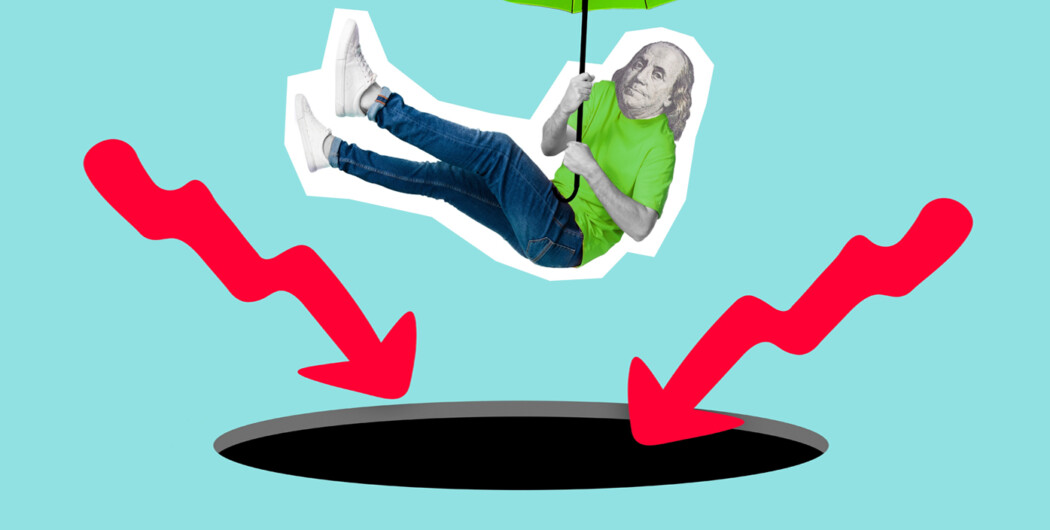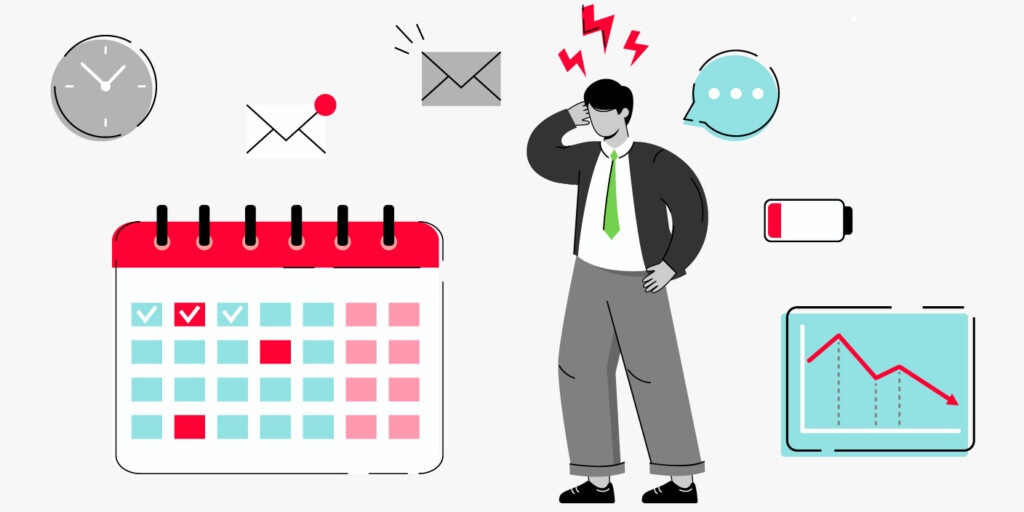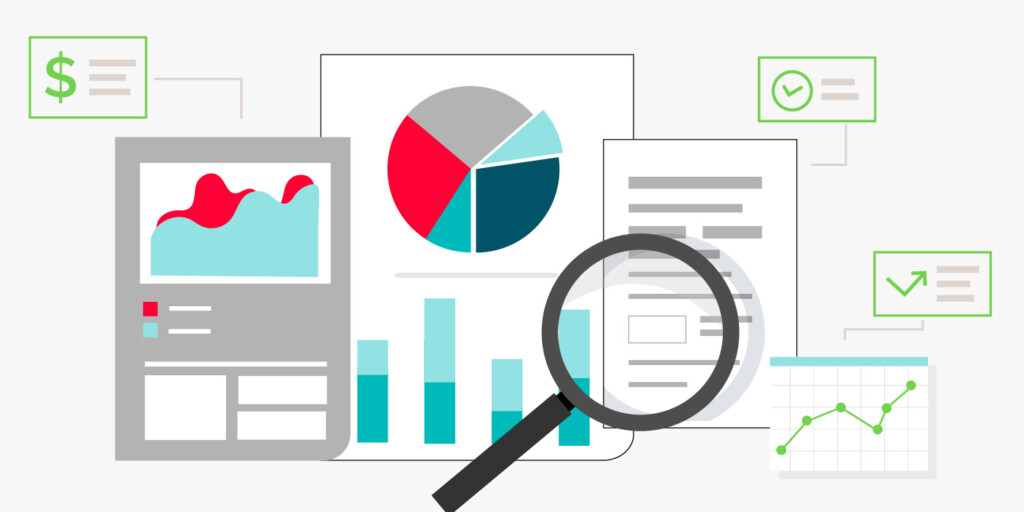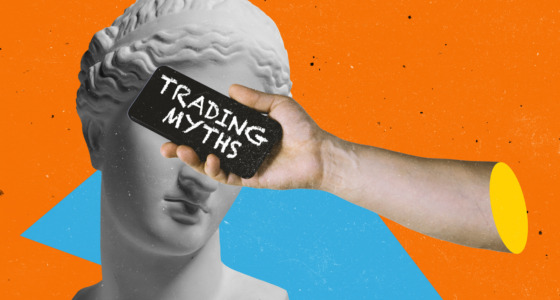

Achieving your goals can pass through massive failure. Henry Ford’s first two automobile companies failed, and Oprah Winfrey was fired from her first job as a television anchor. But failure, in business or trading, doesn’t have to be permanent. Many traders who have failed have gone on to become successful by learning from their mistakes and continuously improving their skills.
If you have already had a few losses, you can recover if you reflect on your mistakes. If you’re completely new to trading, learn from the experiences of other traders and avoid the major reasons they failed. In either case, read on!
Reason 1: no plan

Michael Carr, a full-time trader, writer, and speaker with a long, illustrious career in financial services, has this piece of advice: “Don’t worry about what the markets are going to do, worry about what you are going to do in response to the markets.”
Without a plan, traders lack a systematic approach to trading, which can lead to inconsistent performance and, ultimately, failure. They also become more susceptible to emotional biases, impulsive decisions, and the influence of market noise.
Reason 2: large and risky positions
Taking large positions increases the potential for large losses. If things don’t go your way, this approach will quickly deplete your capital and make it difficult to recover. Even small market movements can result in significant losses.
Instead, you should aim for a sustainable career, even if it means smaller gains over longer periods of time.
Reason 3: lack of research

Researching the markets, assets, and strategies is essential for developing a deep understanding of how the markets work, what factors influence prices, and how to identify profitable opportunities. Without this knowledge, traders operate based on limited information or misinformation. A lack of research can lead to a lack of confidence, causing hesitation and missed opportunities.

Reason 4: analysis paralysis
In contrast to traders who don’t research enough, there are traders who spend too much time researching and analyzing markets. They are indecisive and miss out on profitable trades. So, these two reasons can be summarized into one piece of advice: strike a balance between doing research and taking action.
Reason 5: following the crowd

“Be fearful when others are greedy, and greedy when others are fearful”, says Warren Buffet, adding, “You need a temperament that neither derives great pleasure from being with the crowd or against the crowd.”
The crowd can be misleading. For example, if everyone is buying a particular asset, it may already be overvalued and not a good buy. Also, no one from the crowd has a crystal ball, and market conditions and investor sentiment can change quickly, so learn to trust your own gut.
What you can learn from other traders’ failures
Learning from other people’s failures can be a valuable way to improve your own trading. And if you flip these common mistakes upside down, you get a great combo for a successful career – a solid plan, thorough research, adequate trade sizes, the ability to make decisions quickly, and thinking for yourself.
Remember that every trader’s journey is different, and there are other reasons why traders fail. It’s important to use other common traders’ failures as a learning tool but also not feel invincible just because you’re not making the same mistakes.
Sources:
Why do forex traders need a trading plan? BabyPips
Analysis paralysis, Wikipedia
The science behind why people follow the crowd, Psychology Today








